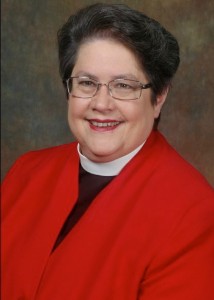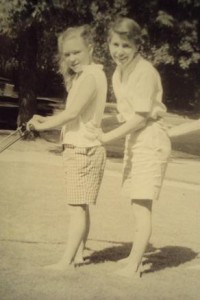During the 11 months since Nate’s death, we’ve been pacing through scores of first-time-without-him events. Everyone says once we’ve passed the year-mark, grieving will lessen significantly. I hope so, although the thought of a future graduation or wedding without Nate makes me grimace.
These days we’re going through the last of our firsts, with November 7 marking the end. That day will be the one year mark of Nate’s funeral. Last October was torture as we watched him slip away; logic tells us this October should be less painful. Not necessarily.
Back then we lived on continual red-alert, anxious about possible falls, stressing about meds, agonizing over Nate’s increasing pain. We put one foot in front of the other hour after hour, day after day, focusing on the must-be-dones. No one noticed an absence of down time. We were numb.
Now the protection of numbness is gone. We’re feeling everything for real and with full impact. During the days of Nate’s cancer, there wasn’t much chance to cry, but we’ve wept buckets since then. My hope is the weeping will end when the firsts do.
One of my college friends, Junior, is just beginning a grieving period of her own. She’s starting through her ”lasts”. After decades of joyful service as the pastor of a large Washington DC church, she’s retiring next year and has related how sad she’ll be to preach her last sermon, conduct her last communion service, counsel her last parishioner.
The different count-downs, ours of firsts and hers of lasts, are similar in many ways. Both involve grief and pain, and both predict radically changed futures.
The Hospice people, compassionate to the max, have sent us encouraging words every month since Nate died. Their letters have helped our understanding of grief. Here’s a quote:
“We learn a great deal by going through grief. We may become more perceptive, more aware, more determined… We may rearrange our priorities, and our lives may become more focused.”
When we say goodbye to something or someone we love, whether by choice (Junior’s) or not (ours), we’re forced to change. Everything around us shifts, and so must we.
My role went from wife to widow, someone with a partner to a woman alone. Junior’s role will change from pastor to parishioner. If either of us tried to hang onto our former roles after the shift occurred, life would set us aside. Like it or not, we both have to redefine ourselves. It reminds me of a pilot who continually reorients himself in the sky, checking and correcting his course.
Although I loved my role as a wife and Junior hers as a pastor, both of us are in the process of letting go of those images. God is traveling with us though, giving us each a hand. We both expect he’ll reveal new facets to our lives we never knew about. He may equip us for fresh categories of service. We may gain new strength and daring we didn’t have before. Our worlds are changing, and we are, too.
The lasts of a pastor and the firsts of a widow can give birth to priceless new beginnings, because out of grief comes new understanding and new resolve.
“The God of all grace, who called you to his eternal glory in Christ, after you have suffered a little while, will himself restore you and make you strong, firm and steadfast.” (1 Peter 5:10)




